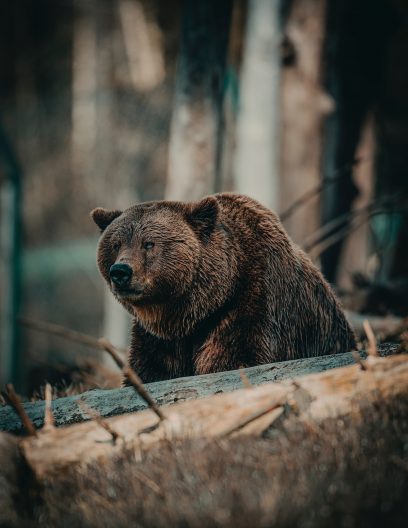SEFS assistant professor brings justice lens to wildlife management

As wildlife experts and conservationists consider how to bring back large carnivores whose populations have declined over recent years, there are a lot of questions, like how the animals may impact humans and livestock or who benefits the most from the recovery of their populations?
SEFS Assistant Professor Alex McInturff, who recently joined the UW School of Environmental and Forest Sciences, is part of a team of researchers, led by UW, that is considering these questions through the lens of justice, according to a recent UW News story. The team published its framework last month in the journal Elementa: Science of the Anthropocene.
“The researchers drew upon the field of environmental justice — which primarily has focused on harms to people and public health — and applied its concepts to wildlife management, considering forms of injustice that people, communities and animal groups might experience,” the story reads.
“We are awakening to the fact that justice matters and is present in a lot of domains, including conservation projects,” Alex McInturff told UW News. “We’re hoping this paper is a really timely intervention that gives those involved in these reintroduction projects a framework to say, ‘We care about justice. We didn’t really know we were overlooking it in past efforts, and now we have something that can help inform us going forward.’”
Read the full story here.